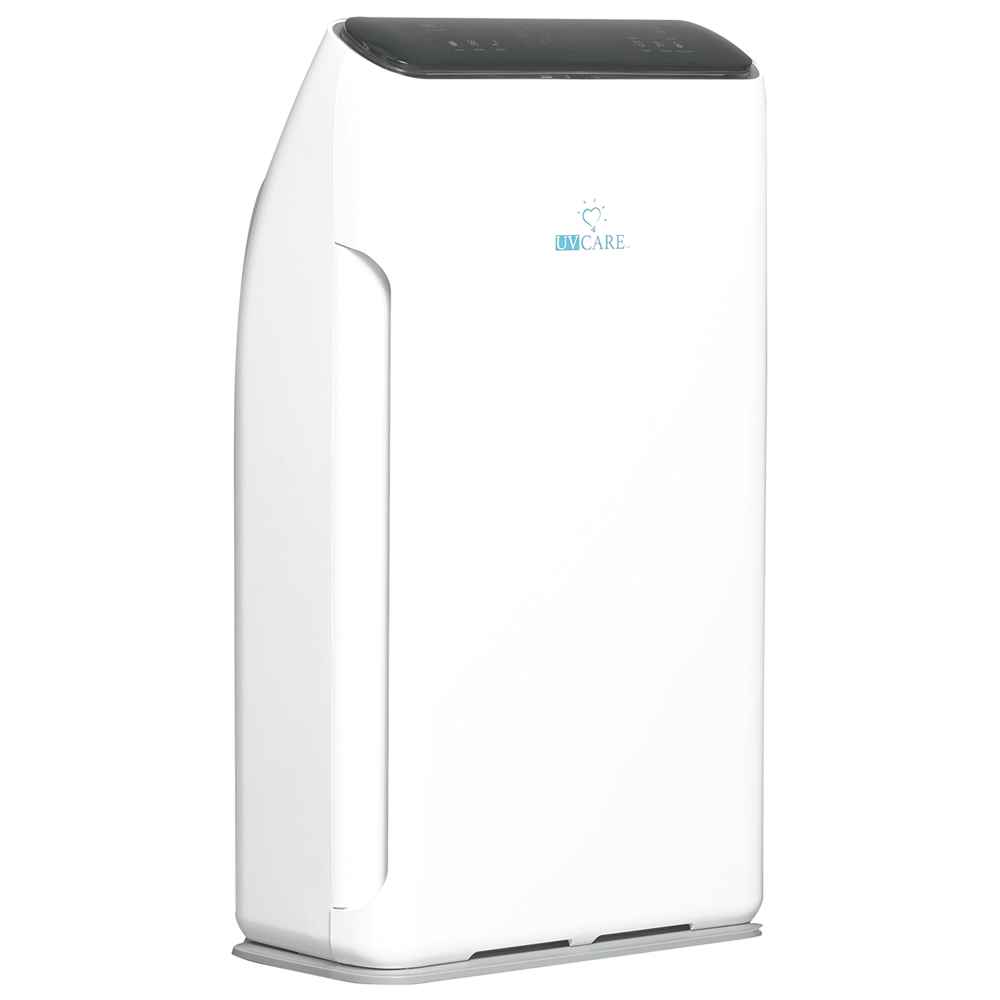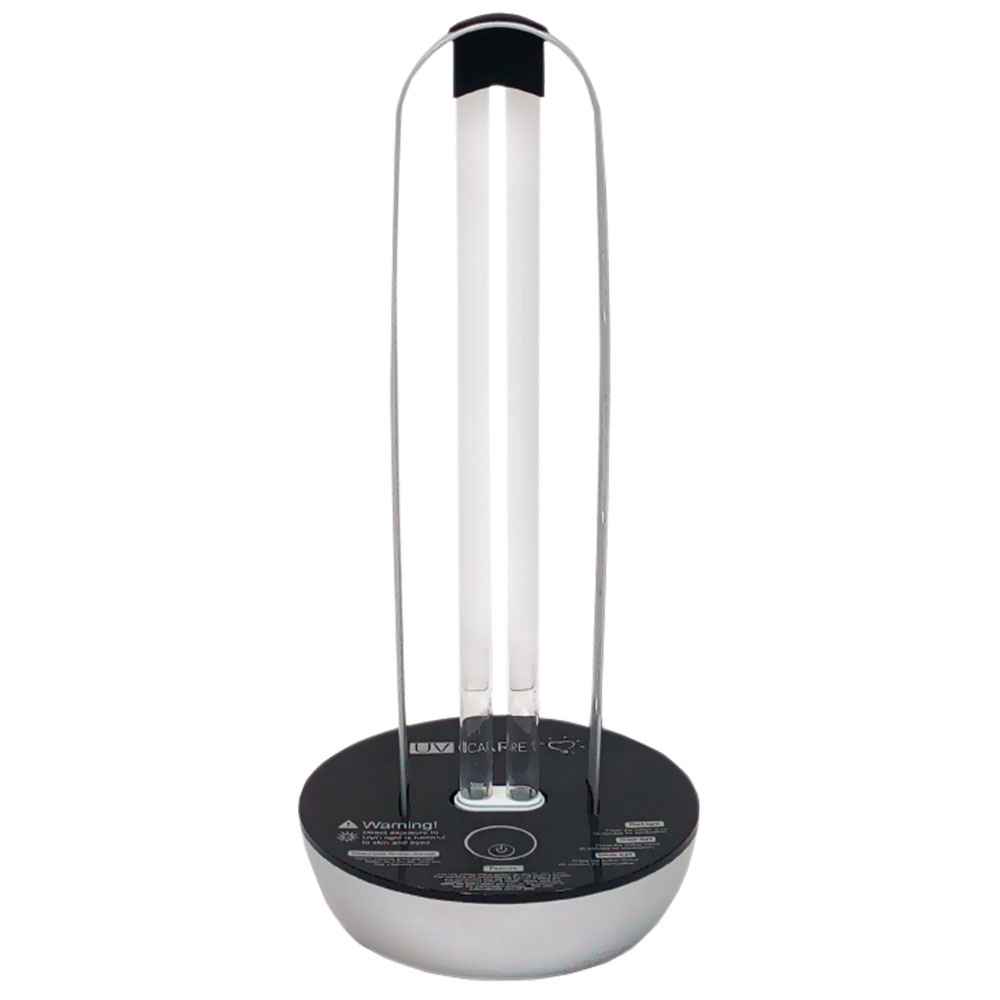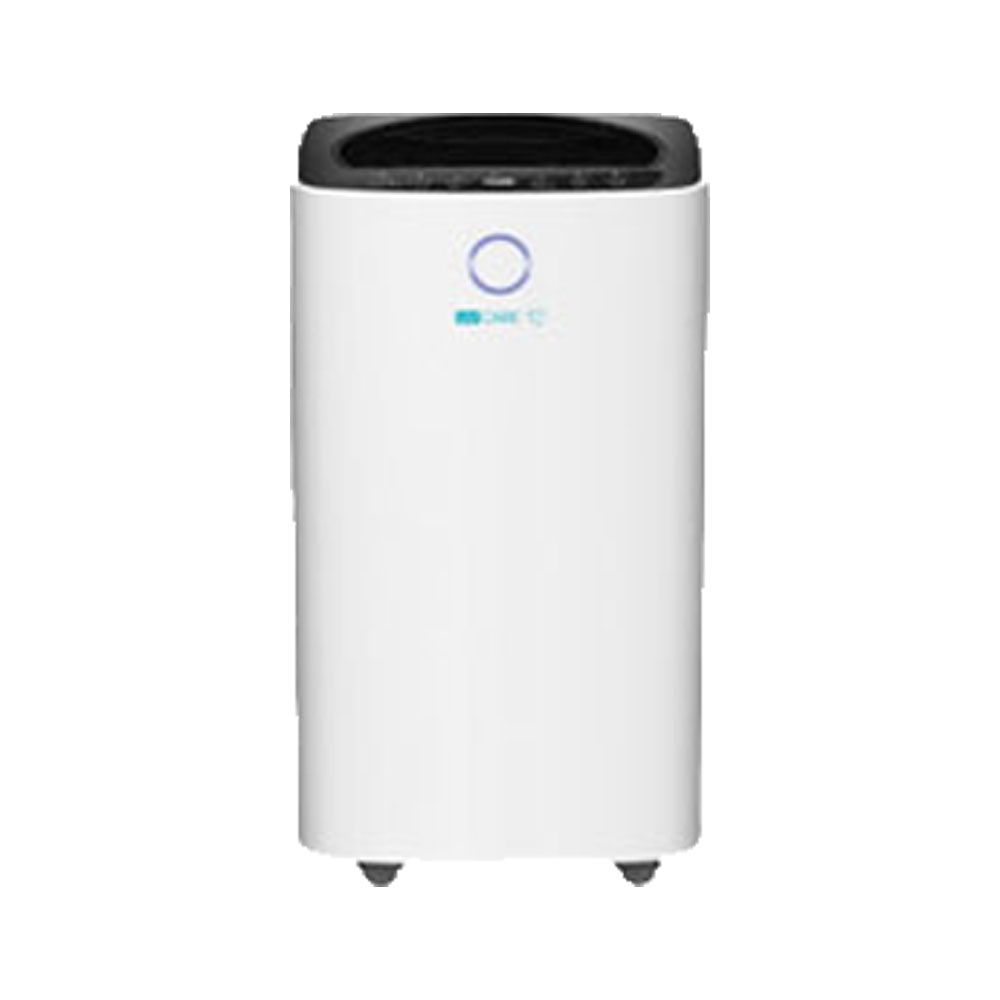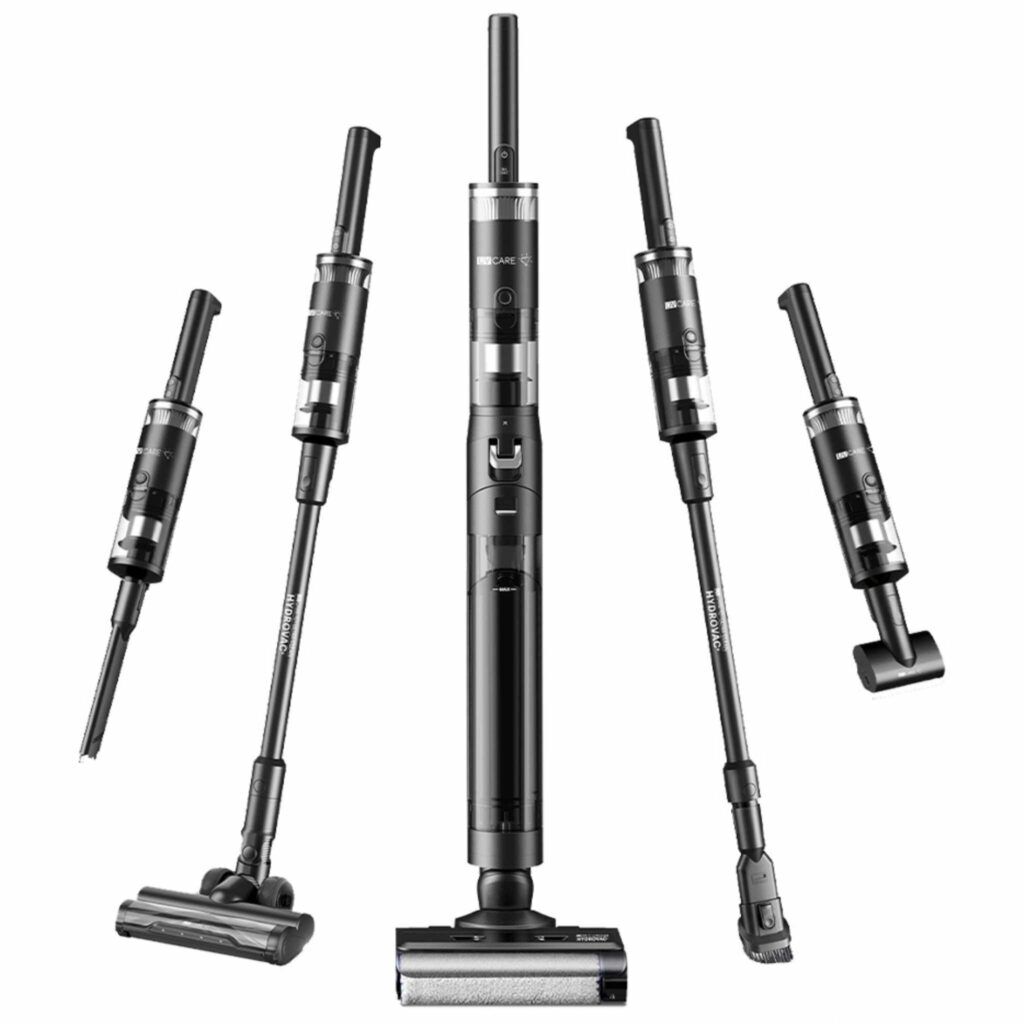
Photo Courtesy: Michael Ocampo FB File Photo Source: Bulkang Kanlaon, sumabog! – Phivolcs | Pilipino Star Ngayon (philstar.com)
We often underestimate the quality of the air we breathe at home. Between cooking, cleaning, and just living our daily lives, indoor air can become surprisingly polluted. With Mount Kanlaon’s recent eruption, residents near the area are especially aware of how crucial clean air can be. But you don’t have to live near a volcano to benefit from cleaner air. Let’s dive into why an air purifier is a game-changer for your home and health.
The Hidden Dangers of Indoor Air
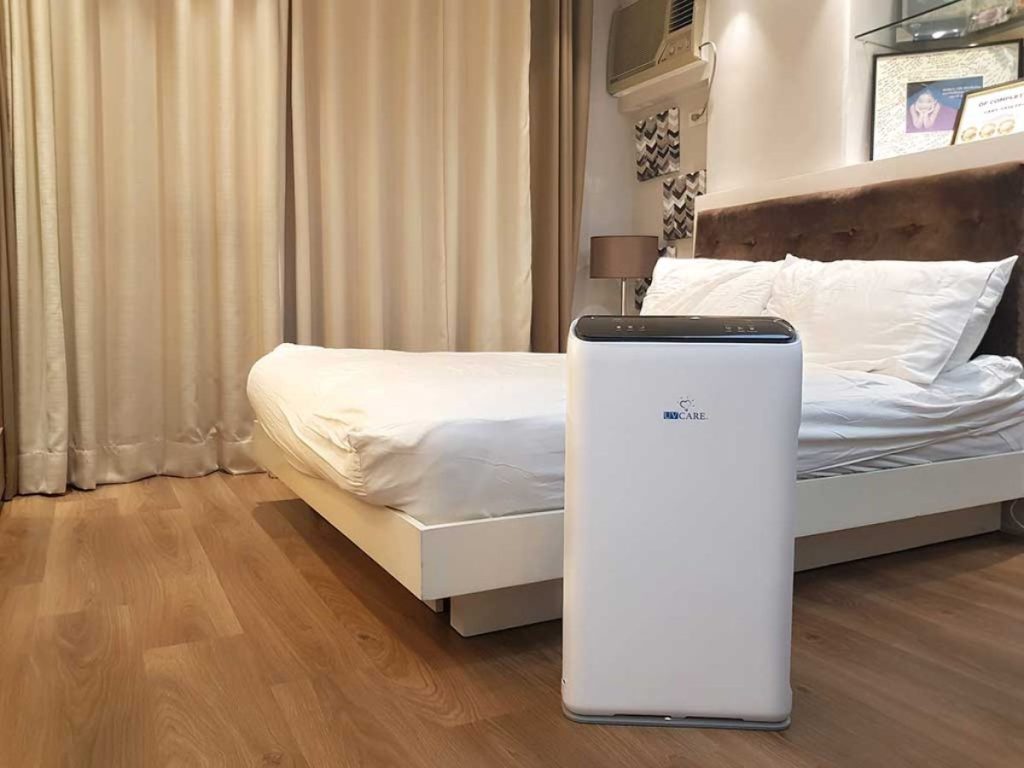
Why You Should Care About Air Quality
How Air Purifiers Work?
So, what exactly does an air purifier do? In simple terms, an air purifier pulls in the air from your room, passes it through a series of filters, and then releases clean, fresh air back into the room. Here’s a quick rundown of the types of filters you’ll find:
- HEPA Filters: These are the gold standard. HEPA (High-Efficiency Particulate Air) filters can trap particles as small as 0.3 microns. That includes dust, pollen, mold spores, and even some bacteria.
- Activated Carbon Filters: These are great for trapping odors and gases, like the ones that might come from cooking or a nearby volcano.
- UV Filters: These use ultraviolet light to kill bacteria and viruses, adding another layer of protection.
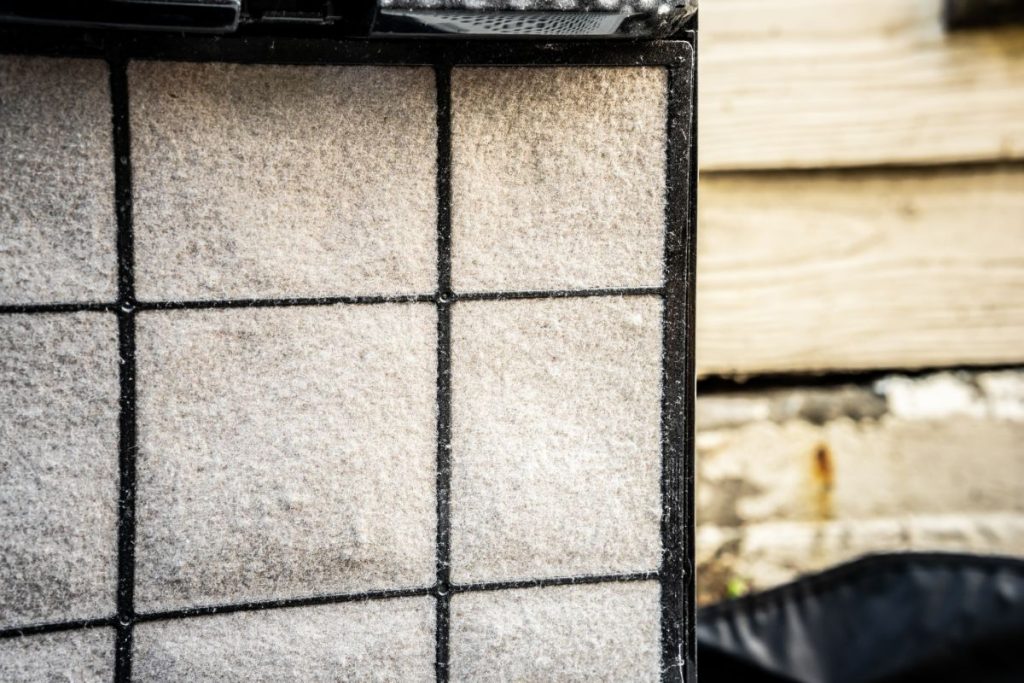
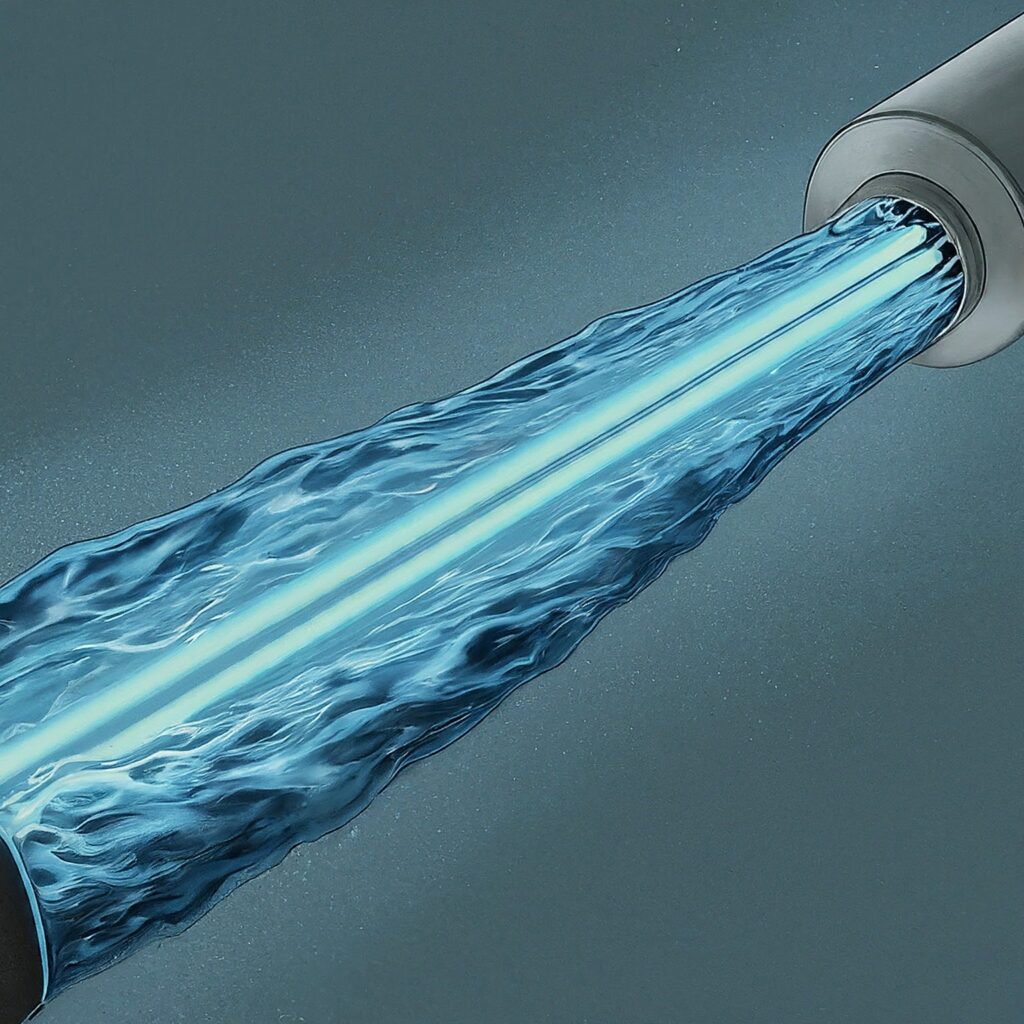
The Benefits of Using an Air Purifier
1. Improved Health
First and foremost, cleaner air means better health. For people with asthma or allergies, an air purifier can make a huge difference in their quality of life. By removing allergens and irritants from the air, these devices help reduce symptoms and make breathing easier.
2. Better Sleep
Believe it or not, the air quality in your bedroom can affect how well you sleep. Breathing in clean air can help you fall asleep faster and stay asleep longer. No more waking up with a stuffy nose or dry throat!
3. Enhanced Mood and Productivity
Clean air isn’t just good for your body; it’s good for your mind too. Studies have shown that poor air quality can lead to headaches, fatigue, and even depression. By improving the air in your home, you can boost your mood and increase your productivity.
Choosing the Right Air Purifier
When it comes to picking an air purifier, there are a few things to keep in mind. Here’s a quick checklist to help you out:
Size: Make sure the purifier is suitable for the size of your room. A small purifier won’t be effective in a large living room, and a large one might be overkill in a small bedroom.
- Type of Filter: Depending on your needs, you might want a purifier with a HEPA filter, an activated carbon filter, or both. Some models also include UV filters for added protection.
- Noise Level: Some air purifiers can be quite noisy. If you’re planning to use it in your bedroom, look for one with a low noise level.
- Maintenance: Check how often the filters need to be replaced and how much they cost. Some models have washable filters, which can save you money in the long run.
Air Purifier Myths Busted
Let’s tackle some common misconceptions about air purifiers.
Myth 1: Air Purifiers Are Too Expensive
While some high-end models can be pricey, there are plenty of affordable options out there. Plus, when you consider the health benefits, an air purifier is a worthwhile investment.
Myth 2: They’re Only Necessary for Allergy Sufferers
Even if you don’t have allergies, you can still benefit from an air purifier. Clean air can improve your overall health, sleep quality, and mood.
Myth 3: All Air Purifiers Are the Same
Not true! Different models come with different types of filters and features. It’s important to choose one that fits your specific needs.
Frequently Asked Questions (FAQs)
1. How often should I run my air purifier?
For best results, run your air purifier continuously. Modern air purifiers are designed to be energy efficient, so you don’t have to worry about your electricity bill skyrocketing.
2. How do I know when to replace the filter?
Most air purifiers come with a filter replacement indicator that will let you know when it’s time to change the filter. Typically, HEPA filters need to be replaced every 6-12 months, while activated carbon filters may last up to 6 months.
3. Can an air purifier help with pet odors?
Yes, especially if it has an activated carbon filter. These filters are designed to trap gases and odors, making your home smell fresher.
4. Will an air purifier remove smoke from the air?
Yes, a good air purifier with a HEPA and activated carbon filter can help remove smoke particles and odors from the air. This is especially useful if you live with smokers or near areas prone to wildfires.
5. Are air purifiers safe to use around children and pets?
Absolutely. In fact, they can be particularly beneficial for children and pets, who might be more sensitive to air pollutants. Just make sure to place the purifier in a safe location where it can’t be knocked over.
The Best Practices for an Allergen-Free Home
Beyond Vacuuming
Vacuuming is just one part of keeping your home allergen-free. Here are some additional tips:
- Damp Dusting: Use a damp cloth instead of a dry duster to avoid stirring up dust.
- Wash Bedding Regularly: Clean sheets, pillowcases, and duvet covers weekly in hot water.
- Control Humidity: Use a dehumidifier to keep humidity levels low and discourage dust mites.
- Keep Pets Clean: Regularly groom and bathe your pets to reduce dander.
Creating an Allergy-Free Sanctuary
- Choose Hard Flooring: Carpets can harbor dust mites and other allergens. Consider switching to hard floors.
- Use Allergen-Proof Covers: Encase mattresses and pillows in allergen-proof covers.
- Ventilation: Ensure good ventilation to reduce indoor humidity and allergen buildup.

